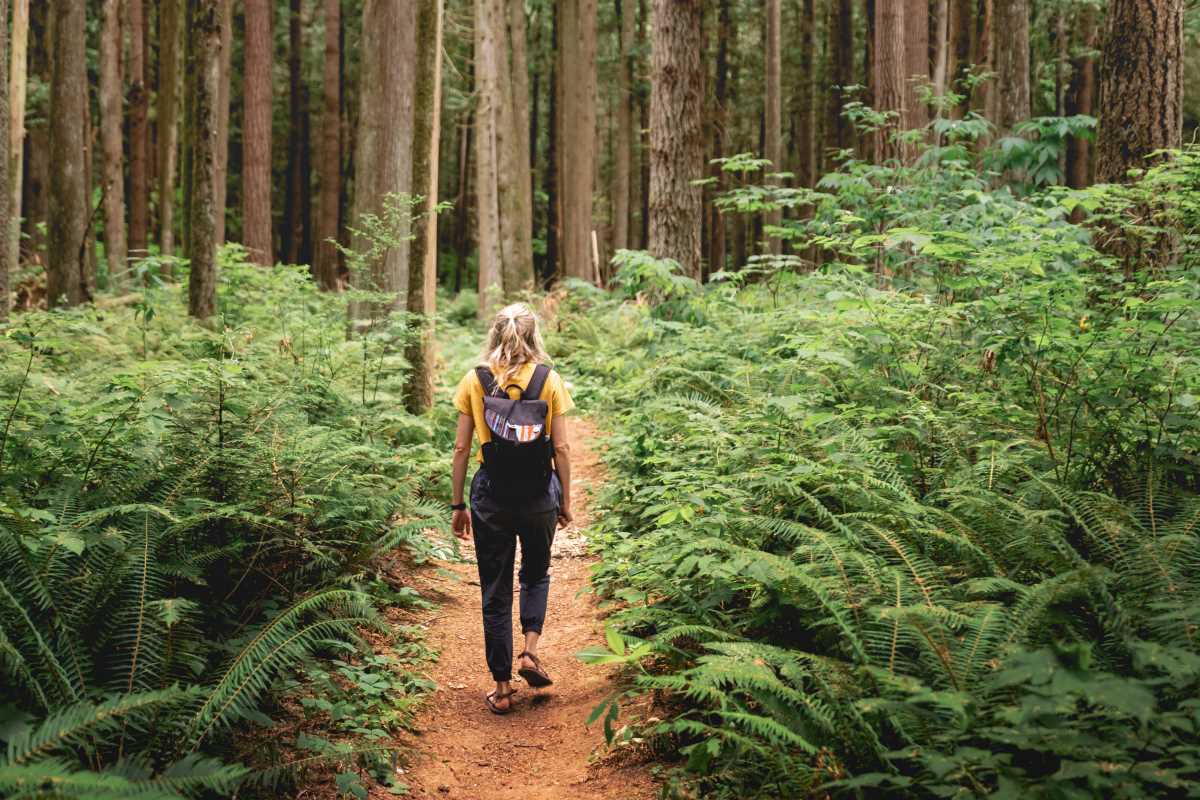Family history is one of those things that can feel either like an exciting treasure hunt or a dusty-old-books kind of chore. But trust me, once you start digging, you’ll find it’s way more Indiana Jones than it is boring-household-chores. At its core, learning about your family history isn’t just about names and dates; it’s about discovering your identity, connecting to something bigger than yourself, and maybe even stumbling on some wild family legends along the way.
Whether you’ve grown up surrounded by stories of ancestors who crossed oceans to build new lives or you don’t know much at all about those who came before you, exploring your roots offers a rewarding adventure. It’s a mix of detective work, time travel, and self-reflection–all rolled together. Plus, who knows? You might just find a long-lost cousin you never knew you had or uncover a piece of your family’s past that absolutely blows your mind.
Why Does Family History Even Matter?
First off, family history gives you a sense of belonging. There’s something deeply grounding about knowing where you come from and how your family fits into the bigger picture. It’s like zooming out on a map to see how all the little dots are connected. You’re not just floating through life without context–you’re the result of countless choices, struggles, and triumphs made by the people who came before you.
Learning about your ancestry helps put your own story into perspective. Suddenly, it’s easier to see that the challenges you face today might not be all that different from ones your great-great-grandmother dealt with. Maybe she also had to hustle to support her family or find creative ways to get through hard times. Those threads of connection can be incredibly comforting, making your struggles feel less isolating and a little easier to handle.
On top of that, uncovering your roots can help you appreciate your family’s uniqueness. Every family has its quirks, traditions, and values that have been passed down, intentionally or not. Maybe there’s a cultural dish that shows up at every holiday, or maybe your family has always been full of storytellers or artists or adventurers. These little nuggets of history are part of what makes you, well, you. Understanding them can give you a deeper sense of pride and identity.
The Benefits of Knowing Your Roots
But it’s not just about the warm and fuzzies. Knowing your family history can have practical perks too. Take your health, for example. Genetics play a big role in many medical conditions, and understanding your family tree can clue you in to health risks you might face. If you know that heart disease or diabetes runs in your family, you can take proactive steps to keep yourself healthy. It’s like having a cheat sheet for your well-being.
Then there’s the fact that learning about your ancestry can improve connections with your family members who are still around. There’s nothing like sitting around a table and sharing stories, laughing at the antics of relatives from a couple generations back, or learning about shared traits. It can strengthen bonds and create opportunities for family members to come together, even if they don’t always agree on which side dish should be served at Thanksgiving.
Exploring family history also fosters an appreciation for history more broadly. When you learn how your family fit into big historical events–like wars, migrations, or social movements–it becomes much more personal. Suddenly, things you read in history books feel real and relevant because your own ancestors lived through them.
How to Start Your Family History Journey
Alright, so now hopefully you’re intrigued. But where do you even start? Don’t worry; you don’t need to be a professional genealogist to start piecing things together.
Start small–like, really small. Begin by talking to your family. Call your grandparents, chat with your parents, or even catch up with that one aunt who seems to know everything about everyone. Ask questions about names, places, and family traditions. You’ll be surprised how much knowledge is already floating around in your family. Plus, those conversations can be fun and even enlightening. People love to reminisce, and their stories might offer clues about your ancestry.
Once you’ve got a little info, organize it. Write down names, dates, and locations to create the beginnings of a family tree. Even though it feels like detective work, it doesn’t have to be overwhelming. Free online tools like FamilySearch or Ancestry.com can help you build and store your tree digitally. These platforms are user-friendly and often deliver hints, like census records or other documents, that can help you dig deeper into your roots. Sometimes it feels like magic when a long-lost piece of your family puzzle pops up right in front of you.
If you’re feeling adventurous (and have the budget), DNA testing kits like 23andMe or AncestryDNA can open up a whole new realm of discovery. These kits use science to connect the dots, offering insights into your ethnic background and even linking you to potential relatives around the globe. It’s like opening up the world’s coolest surprise gift box full of answers and even more questions.
Getting Creative with Your Discoveries
Half the fun of researching family history is finding ways to celebrate what you’ve learned. Once you’ve uncovered a bit of your past, you can start weaving it into your life in meaningful ways. Maybe you recreate a traditional dish your ancestors used to make or plan a trip to a country where your family has roots. If you’re artsy, you could design a family tree that doubles as a piece of wall art or even create a scrapbook filled with photos, documents, and stories you’ve uncovered.
Another idea is to record or write down the stories you hear. Maybe it’s a tale your grandpa told you about his adventures as a kid or a memory your mom has about her grandmother. Documenting these stories ensures they’re not lost over time, and they could become treasured keepsakes for future generations.
Documentaries, journals, or blogs about family history can also inspire you. Seeing how others pieced together their ancestry or overcame mysteries in their family tree might motivate you to stick with your own search, especially if you hit a dead end.
The Unexpected Joys of Searching Your Roots
One of the coolest parts of unearthing your family history is the unexpected surprises. Every family has stories that aren’t talked about for years for whatever reason–sometimes because people didn’t know or didn’t think to share them. You might stumble across relatives who were pioneers in their fields, unsung heroes in historic events, or even outright characters who lived colorful lives. Learning about these people can be inspiring, and it might encourage you to think differently about your goals or legacy.
Even the simplest stories, though, can be deeply meaningful. Discovering that your great-grandfather worked tirelessly to provide for his family or that a great-aunt was the first in her town to graduate college can connect you to your ancestors in a way that feels empowering. It reminds you that the choices you make today influence the generations that come after, just like the choices your ancestors made shaped yours.
.jpeg)





